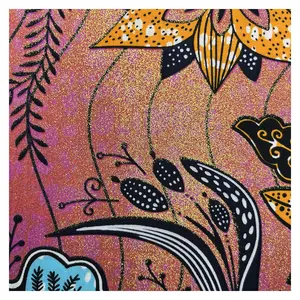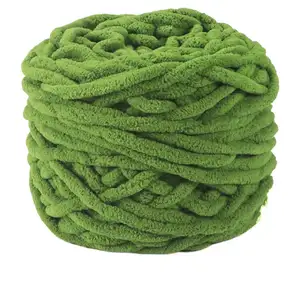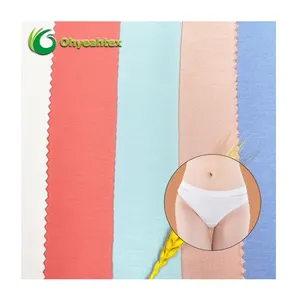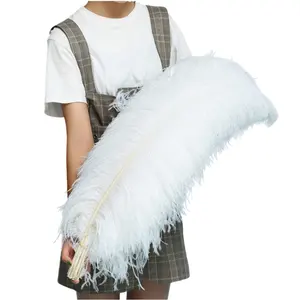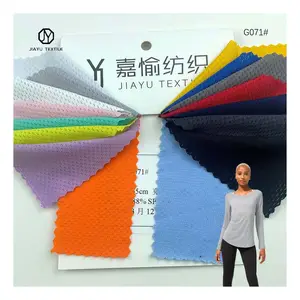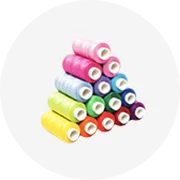Popular in your industry












































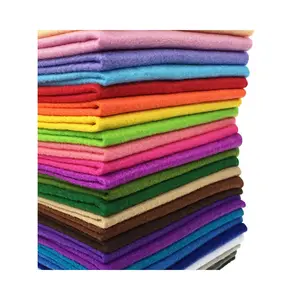
















Related Searches:
























































































































































Top categories
About soft non woven fabric
Exploring Soft Non Woven Fabric Varieties
Soft non woven fabric encompasses a diverse range of materials designed to meet the needs of various industries. This category of fabric is known for its versatility and is utilized in numerous applications due to its unique properties. Non woven fabrics are engineered to provide specific features such as absorbency, liquid repellence, resilience, stretch, softness, strength, flame retardancy, washability, cushioning, filtering, bacterial barrier, and sterility. These properties are often combined to create fabrics suited for specific jobs while achieving a good balance between product use-life and cost.
Types and Applications of Soft Non Woven Fabric
The applications of soft non woven fabric are extensive and varied. In the medical sector, it is used for disposable items such as gowns and bed covers, capitalizing on its balance of comfort and hygiene. The material's adaptability is also evident in consumer goods, where it forms the basis of products like wet wipes and eco-friendly shopping bags. Its biodegradable options offer an advantage in sustainability-focused markets. In industrial settings, non woven filter fabric is integral to filtration systems, contributing to its widespread use in products ranging from diaper covers to bag linings.
Material Composition and Features
The composition of non woven fabrics can include polypropylene, polyester, and natural fibers, each contributing to the fabric's softness and durability. For instance, spunlace non woven material is a popular choice for products requiring a gentle touch, such as personal care items. The engineering of these fabrics allows for a range of thicknesses and densities, which in turn provides a spectrum of absorption and barrier levels to suit specific needs.
Environmental Advantages of Non Woven Fabrics
Environmental considerations are paramount in the production and use of soft non woven materials. Fabrics made from natural fibers present an eco-friendly alternative to traditional plastics, particularly in the realm of disposable shopping bags. The biodegradable qualities of certain non woven fabrics align with increasing environmental regulations and consumer demand for sustainable products.
Specialized Uses in Various Industries
Beyond the common uses, specialized non woven fabrics such as non woven geotextile fabric play a critical role in civil engineering and construction. These materials are essential for soil stabilization and water drainage in large-scale outdoor projects. Additionally, the thermal and insulating properties of wool non woven fabrics make them indispensable in the production of thermal blankets and other insulation products.
Choosing the Right Non Woven Fabric
Selecting the appropriate soft non woven fabric for a specific application requires consideration of its intended use and desired properties. The non woven category offers a fabric solution for nearly every conceivable need. While exploring the vast selection available, it is crucial to match the material characteristics with the product requirements to ensure optimal performance and cost-effectiveness.
